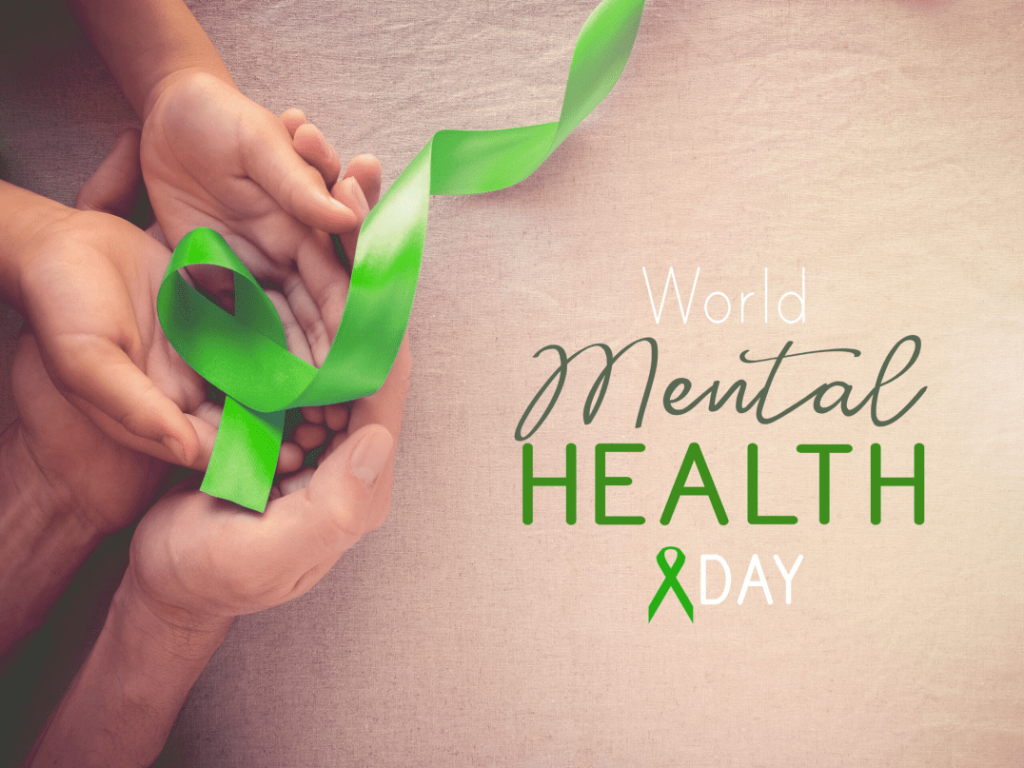Welcome to a crucial and growing conversation! In an increasingly interconnected world, understanding how different cultures approach well-being is more important than ever. The topic of mental health vs Arabic culture is a fascinating one, revealing a rich tapestry of communal support, evolving dialogue, and a powerful sense of resilience. So, in this article will explore the intersection of Arabic and mental health, providing key vocabulary and cultural context to help you understand the nuances of Arab mental health today.
The Evolving Dialogue: Mental Health vs Arabic
In many Arab societies, discussions around mental health have historically been intertwined with family and faith. While Western cultures often prioritize individualistic approaches, Arab mental health has traditionally been addressed within a strong communal framework.
- Family as a Support System: The family, both nuclear and extended, is often the first line of defense. Seeking comfort and guidance from family members is a common and highly valued practice.
- Spirituality and Faith: For many, faith is a central pillar of mental well-being. Practices such as prayer, meditation, and reading the Quran are often seen as sources of inner peace and resilience against life’s challenges.
- An Evolving Dialogue: The conversation around mental health vs Arabic culture is changing. Younger generations and professionals are increasingly using standardized terminology and promoting open discussion, helping to reduce the stigma often associated with seeking professional help.
The Vocabulary of Well-being: Arabic and Mental Health
Learning the right vocabulary is the first step to engaging in this important conversation. Here are some essential Arabic and mental health terms:
- Mental Health: الصِّحَّة النَّفْسِيَّة (aṣ-ṣiḥḥah an-nafsiyyah)
- Therapy / Psychotherapy: عِلَاج نَفْسِي (ʿilāj nafsi)
- Therapist / Psychologist: مُعَالِج نَفْسِي (muʿālij nafsi)
- Depression: اِكْتِئَاب (iktiʾāb)
- Anxiety: قَلَق (qalaq)
- Stress (literally “psychological pressure”): ضَغْط نَفْسِي (ḍaght nafsi)
- Feelings / Emotions: مَشَاعِر (mashāʿir)
- Self-care (literally “protection of the soul/self”): مُحَافَظَة عَلَى النَّفْس (muḥāfaẓah ʿalā an-nafs)
The Role of Language in the “Mental Health vs Arabic” Conversation
Language itself plays a vital role in the discussion of mental health vs Arabic culture. Direct translations of Western psychological terms may not always capture the full meaning or cultural context. However, with growing global awareness, many of these terms are being adopted and standardized into Modern Standard Arabic (MSA), making the professional conversation more universal. For example, using a term like “اِكْتِئَاب” (iktiʾāb) is now common in both clinical and public discourse.
Embracing Change: Arab Mental Health Today
The landscape of Arab mental health is dynamic. As more resources become available online and in local communities, there is a clear push towards destigmatizing mental illness and encouraging people to seek support. Websites like Arabtherapy.com and public health initiatives are leading the charge, providing a new generation with the tools and language to talk about their feelings openly and without shame. This shift underscores a blend of modern understanding with the deep-seated Arab values of care, community, and compassion.
Ready to delve deeper into the language and culture that shapes the conversation around well-being? Visit www.kaleela.com and download the Kaleela Arabic learning app today! Our comprehensive lessons will not only teach you the vocabulary but also provide the cultural context to engage in this important dialogue with empathy and respect.



